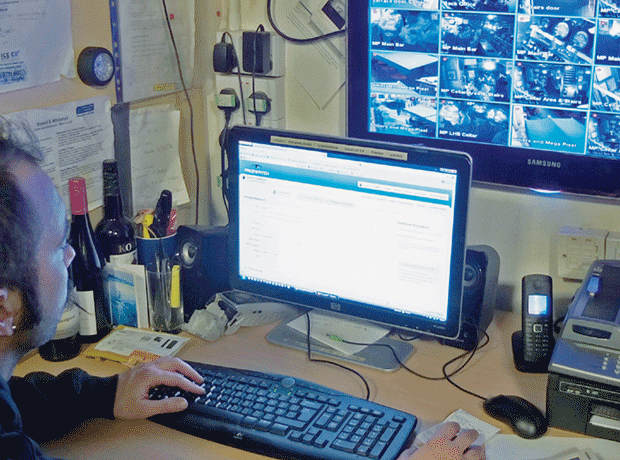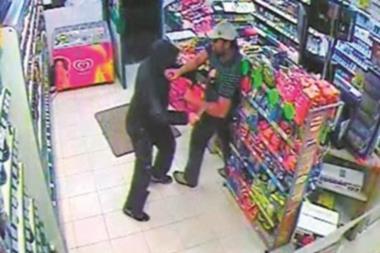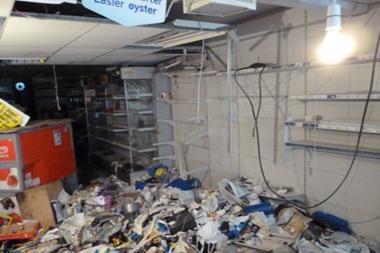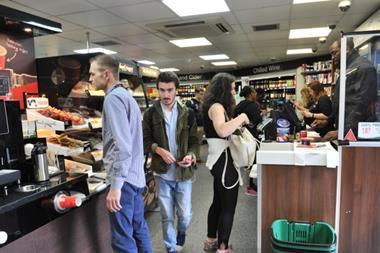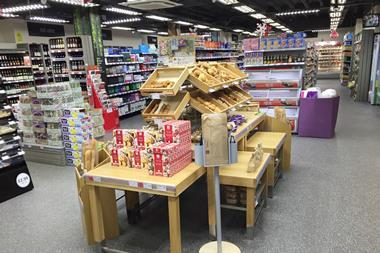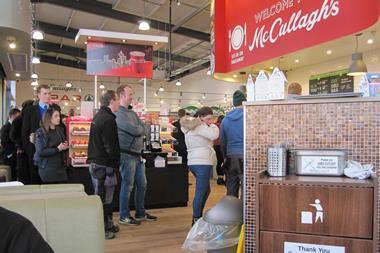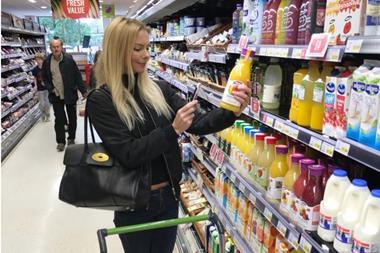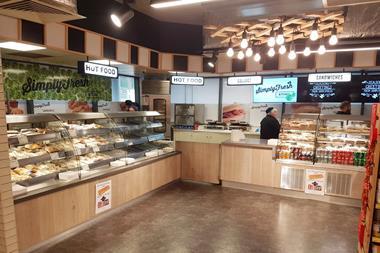Partners against crime
2012-05-22T00:00:00

Mike Weatherley, head of an all-party parliamentary group on retail crime, says MPs are on your side
ALREADY HAVE A REGISTERED USER ACCOUNT? PLEASE LOG IN HERE
To read the full story join the ConvenienceStore.co.uk community today!
Registration is quick and easy and provides access to:
- Unlimited ConvenienceStore.co.uk articles
- Our great range of newsletters
- Content you’ve saved for later via the ‘my library’ feature
And much more…
Related articles
More from Convenience Nation
Unlimited Access + Newsletters
Register today to gain unlimited access to articles and to receive our great range of email newsletters.




















